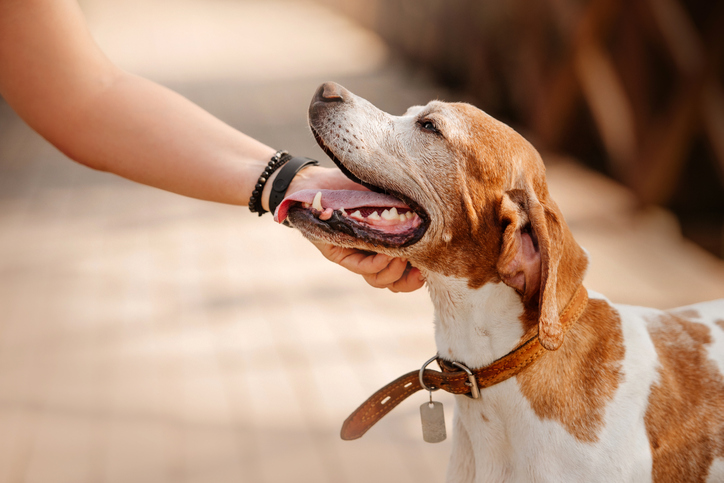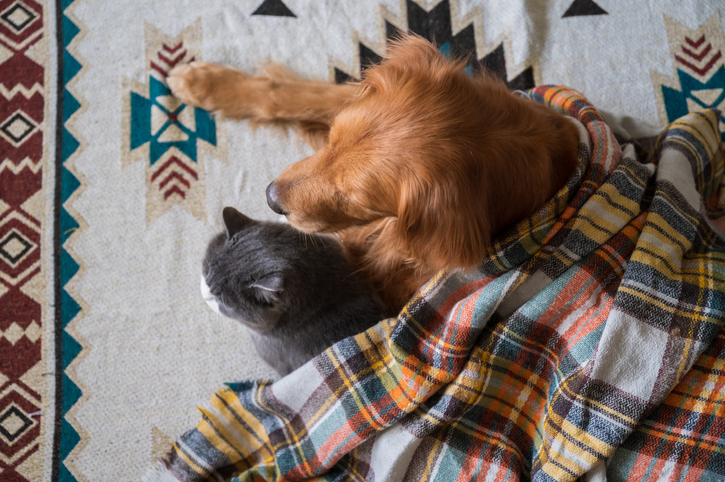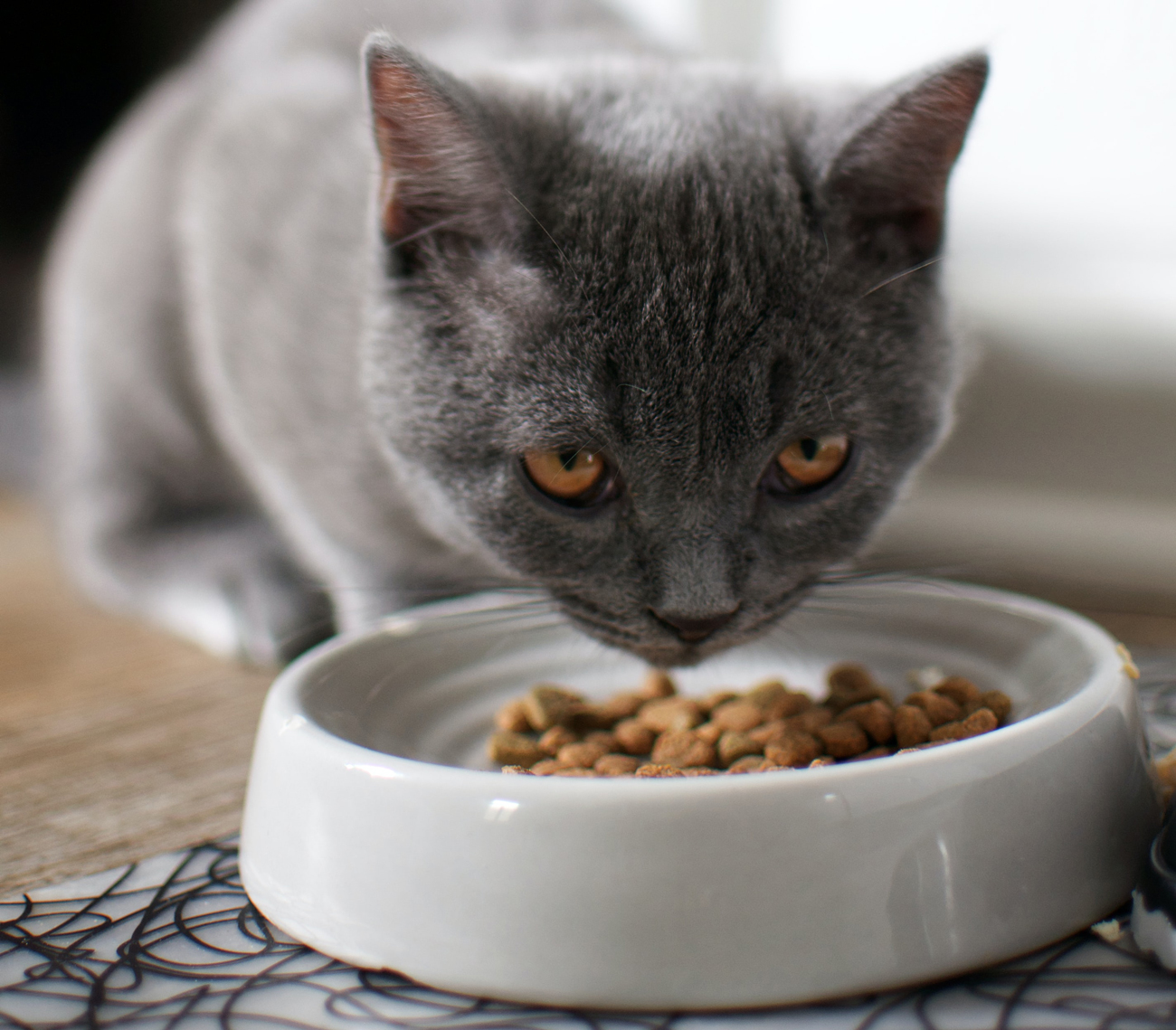
How to cut the cost of pet ownership
7th July, 2022
With inflation at a 30-year high, ever-rising petrol and food prices and soaring energy bills, the cost of living in the UK seems to be going up every day. And that’s bad news for pets. As the RSPCA has warned the number of abandoned animals could increase as owners struggle to cope.
Even if you’re not yet feeling the squeeze, it’s still good to plan ahead. Why not read our ‘How to’ guide and cut the costs now? It’s much better to do this on your terms rather than be forced into it at a later date.
It’s not our dogs’ fault that we’re experiencing the current economic turmoil. They deserve to be healthy and happy throughout their lives, no matter what the situation in the human world. Thinking of ways to cut costs and still keep them happy and well protected is the sign of a responsible pet owner.
Unfortunately, as your faithful pooch gets older the likelihood of them experiencing health conditions increases. Having the right older dog insurance protection at every stage of their life means they’ll always get the care they’re entitled to. Never delay arranging older dog insurance for your faithful friend, give our caring team at Petwise a call today.

Why are people having to cut costs?
Animal charities are seeing a worrying increase in the number of animals being abandoned as well as being put up for adoption. The likelihood is this will worsen as people struggle with the effects of the Covid 19 pandemic and increasing costs of living.
But this is certainly not because people don’t care. Pet food banks are springing up across the country amid reports of desperate owners going without food to provide for their pets. The situation is bleak for many people who love their pets dearly but simply can’t make ends meet.
The RSPCA believes that people are finding it hard to pay for their pets because of a misunderstanding of how much they could cost over their lifetime.
Dogs,in particular, can be surprisingly expensive. The animal welfare charity PDSA estimates that a dog could cost you anywhere between £4,600 to £30,800 over the course of their entire lifetime. This obviously will depend on the dog’s size, breed, how long they live and level of additional needs. For example, a pedigree dog might be prone to certain health conditions, which could add to your costs.
The financial implications don’t stop there. The PDSA’s cost analysis does not take into account potential vet fees if your dog becomes ill or injured. If your dog has an accident, becomes poorly or develops a health problem, then the cost of providing for their needs could increase dramatically.
You really need to be well prepared for these potentially substantial costs. Which is why we recommend taking out older dog insurance as soon as you can.
Costs of caring for an older dog
Caring for a dog of any age will come with a fair amount of costs in terms of time, money and effort. However, the best way to prepare your dog for a healthy old age is to take good care of them earlier on in life. Great quality care during the young and middle stages of your pet’s life will set them up for some glorious golden years. But it will cost.
Responsible pet care includes:
- Choosing a dog bred by a responsible breeder. Some genetic health problems don’t show up until later in life.
- Staying up to date with any necessary vaccinations.
- Keeping your dog free from worms, fleas, ticks and other parasites.
- Giving your dog a healthy, balanced diet suitable for their age. Some older dogs will need a change to their diet to deal with weight gain or other health issues.
- Ensuring your pet has the right amount of exercise and mental stimulation. The ‘use it or lose it’ principle definitely applies to dogs as well as their loving owners. All dogs need regular fresh air, exercise and mental stimulation to keep them in tip-top shape.
- Taking care of grooming needs. As dogs age and become less flexible it can be harder to get to those hard-to-reach spots.
- Neutering or spaying your dog when recommended by your vet. If this hasn’t been done before, sometimes vets will recommend this later in life in order to avoid health issues including cancer and some infections.
- Not overbreeding. Should you retire your dog from breeding? Read our recent Petwise article on whether a dog is too old to have puppies.
- Speaking to your vet promptly about any health issues.
- Insuring your dog so any problems can be sorted quickly. Many insurers won’t cover senior dogs, so that’s why specialist older dog insurance is so vital.
Just like their human owners, dogs’ habits shift and their care needs may change as they age. For example, as a dog gets on in years, they might want more rest and a quieter environment free from disturbance or loud noises. This can be particularly true when dogs develop sight or hearing loss.
Senior dogs can come with some added expenses. They might need a ramp or stairs to help access steep areas or get into the car. Walking less means your dog’s nails will wear down less, so you may find they need more frequent trips to the groomers for trimming. While an extra comfy bed to sleep in will be appreciated by tired bones.
Older dog insurance from Petwise offers a whole host of benefits including senior food contributions. But remember, any sudden changes in a dog’s eating habits or weight should be reported to a vet as it can be a sign of underlying issues.
Senior dogs are prone to particular health conditions that come with age and can add to the costs. But many of these can be easily resolved or improved with a timely visit to the vet.
The most common health conditions in older dogs are:
- Arthritis
Joints such as hips, shoulders and knees can begin to lose cartilage, causing pain and restricted movement. There is no known cure, but treatments can slow its progress and reduce discomfort. - Kidney disease
Age also affects the kidneys, making them less efficient and even causing them to fail. - Hearing loss
Is your previously obedient dog no longer responding to commands? It might be that they just can’t hear you. - Sight loss
Whether due to simple degeneration through age or conditions such as cataracts, their eyesight might start to fail. - Dementia and cognitive problems
Confusion, pacing, distress, vocalisation, reduced interaction with humans, incontinence and sleep changes can all be signs of brain deterioration. - Cancer
Cancer is a disease that can become more likely with age. Routine check-ups can pick up issues before they become too far advanced. - Skin lumps, tumours and growths
Your older dog may develop a whole range of lumps and bumps as they get older. Read our handy Petwise guide so you can know what to look out for. - Incontinence
How to cope with older dog incontinence is something many pet owners will need to consider at some point. But don’t despair, there are plenty of ways to deal with this upsetting condition. - Obesity
As dogs start to slow down and their activity levels drop they can soon start to put on weight. - Dental problems
Many older dogs will experience dental problems. Not only can this cause them pain and discomfort but it can lead to other serious issues. Keeping your dog’s teeth clean becomes even more important as they get older. - Stiffness and lameness
As well as arthritis this could be due to an injury or other condition affecting the hips, elbows, shoulders or knees. - Mood and anxiety
Older dogs can get grouchier as they age and they may become more anxious. For example, if new people or new dogs are around.
Having known your dog for so many years, you’ll be best placed to notice any changes in their health or behaviour. From weight changes and smelly breath to persistent coughing and balance problems, always be on the lookout that something could be wrong. If you’re at all concerned, as an older dog insurance policyholder with Petwise, you can also call our dedicated 24-Hour Vet Helpline for help or advice.

15 ways to cut the costs of pet ownership
As you can see, there are many potential health issues requiring treatment at some point in your older dog’s life. By saving money on some parts of pet ownership you’ll be sure to have the funds when an emergency happens. Read our cost cutting tips below and start saving today.
Remember, while it’s useful to save money your top priority needs to be the health and wellbeing of your dog. You’re under a legal obligation to meet their 5 Welfare Needs, keeping them happy and healthy throughout their life. Don’t let money get in the way of that.
- Buy food in bulk
Generally speaking, by buying in bulk, you could slash the cost of your pet food bill. For example, at the time of writing, Pets at Home was offering a 2.6kg bag of Pedigree Adult Complete Dry Dog Food for £5.99, while you could get two 12kg bags for just £35. Big savings can be had if you keep your eyes peeled.
- Sign up for repeat ordering
Many online retailers also offer further savings on many popular brands if you sign up to repeat orders. Savings of 5%, 10% and even 35% can be made on certain dog foods if you buy them regularly. A great way to keep your cupboard well stocked and your wallet happy.
- Ditch the gourmet food
As with anything in life, we can all be seduced by a flashy brand name and something fancy. While we may love trying out gourmet meals and other new dishes on our four-legged friends, if it becomes a habit then costs will rise. The cost of cheaper, unbranded foods will be easier to manage if times get tough!
- Use a food measure
As we’ve already mentioned, obesity can be a common health concern for older dogs in the UK. While it’s all-too-easy to ‘guestimate’ how much we’re feeding our dog, it’s much better to use a measuring cup. You'll save money and keep them healthier by measuring the right amounts every time.
- Choose a non-pedigree pet
Next time you choose a new pet for your family, consider opting for a non-pedigree option. A pedigree dog will not only cost more up front, it could also be more expensive to care for.
- Adopt don’t buy
Adopting one of the many dogs currently found in UK animal shelters will not only provide them with a home but can also work out cheaper.
- Keep on top of regular medical check ups
Regular medical check-ups are an important part of any older dog’s routine. If your pet is healthy then it might seem like this is a cost you could cut back on, but that would be a mistake. To keep them healthy and stop them costing you money it’s important to keep these things up to date. Avoiding check-ups could prove a false economy if your dog falls ill from something they could have been protected against.
- Do It Yourself grooming
When your dog is not quite looking their best, dropping them off for a professional grooming session can be a real treat. But while they smell lovely and feel fluffy, the cost can be difficult to justify when money is short.
Grooming is an important part of pet care, so shouldn’t be avoided completely. However, if you take the time to brush your pet regularly, and give them a bath when appropriate, then it could cut down on your annual grooming cost substantially.
- Go online for medications
From flea treatments to prescription medications, buying from your vet is never cheap. While it’s always important to use the right treatment prescribed for your dog, sometimes you can save money by shopping online for the product itself. From discounts to vouchers you may be able to save by using a reputable web seller.
- Buy pet insurance…
A money saving idea that costs money? That’s right. One of the most expensive parts of dog ownership is if they become ill or have an accident. Pet insurance not only protects you against some of the costs of emergency trips to the vet and ongoing treatment, but also other benefits, too. For example, should your dog be lost or stolen then it may even cover the cost of advertising and the cost of a reward for its return. Yes, it's an extra cost, but it could save you many hundreds of pounds in the long run.
- … And be sure to get the best deal for it
The cost of pet insurance can vary hugely in terms of the breed of dog, age, pre-existing medical conditions, where you live, type of policy and claims history. The best way to get a great deal is to contact a specialist like Petwise. And whatever you do, always read the small print, the cheapest policy doesn’t always offer the ‘best’ deal.
- Share dog walking or house-sitting responsibilities
Whether you need to kennel your dog for a couple of weeks or need regular dog walking, the cost of getting in a professional can be high. Instead, find friends and neighbours who also have dogs and help each other out.
- Buy toys and bedding from charity shops
There are lots of animal charities and other worthy causes in dire need of funds at this time. Buying from a charity shop will not only support them but also save you a lot of money.
In a similar way, do you really need expensive purpose-made blankets and towels for your pooch? Maybe you do, but don’t ignore the possibility of buying second hand items or recycling your own. Your dog really won’t mind. In fact, if it smells of you then they’ll probably prefer it.
No matter how much you’ve spent, be careful to always check toys regularly to ensure there are no small parts that could be chewed off and swallowed.
- Indulge them with homemade goodies
Whether edible titbits or fun, new toys, our dogs love treats once in a while. But if you’re buying these regularly then you could be spending more than you need. Instead, why not bake or make these items yourself? It’ll be cheaper than buying and it means you know exactly what products and ingredients are going into them. So, there’ll be no nasty surprises.
- Get them spayed or neutered
Unlike humans, dogs can have puppies throughout their lives. If your older dog hasn’t been spayed or neutered when young then they could certainly have puppies much later in life. If you don't want to end up with more mouths to feed then you’ll want to get this done. It can also help prevent other costly conditions from developing. The Blue Cross animal charity offers free neutering to pet owners who are eligible for their veterinary care. Check if you’re eligible on their website.
Protecting your faithful friend with older dog insurance from Petwise
As a dog ages, medical problems can become more likely so some insurers restrict new policies to younger dogs. So if you have a senior pet you might want to explore specialist older dog insurance.
At Petwise, we know that older dogs can still bring their owners many wonderful years of companionship and joy and deserve to be well protected. Cover your senior pup by providing the right diet and exercise, managing health issues well and ensuring you have older dog insurance in place.
Hopefully by following some of our cost-cutting tips you’ll be able to make sure you can afford the cost of care for your beloved pet. Get a quick quote for older dog insurance today.
Policy benefits, features and discounts offered may very between insurance schemes or cover selected and are subject to underwriting criteria. Information contained within this article is accurate at the time of publishing but may be subject to change.